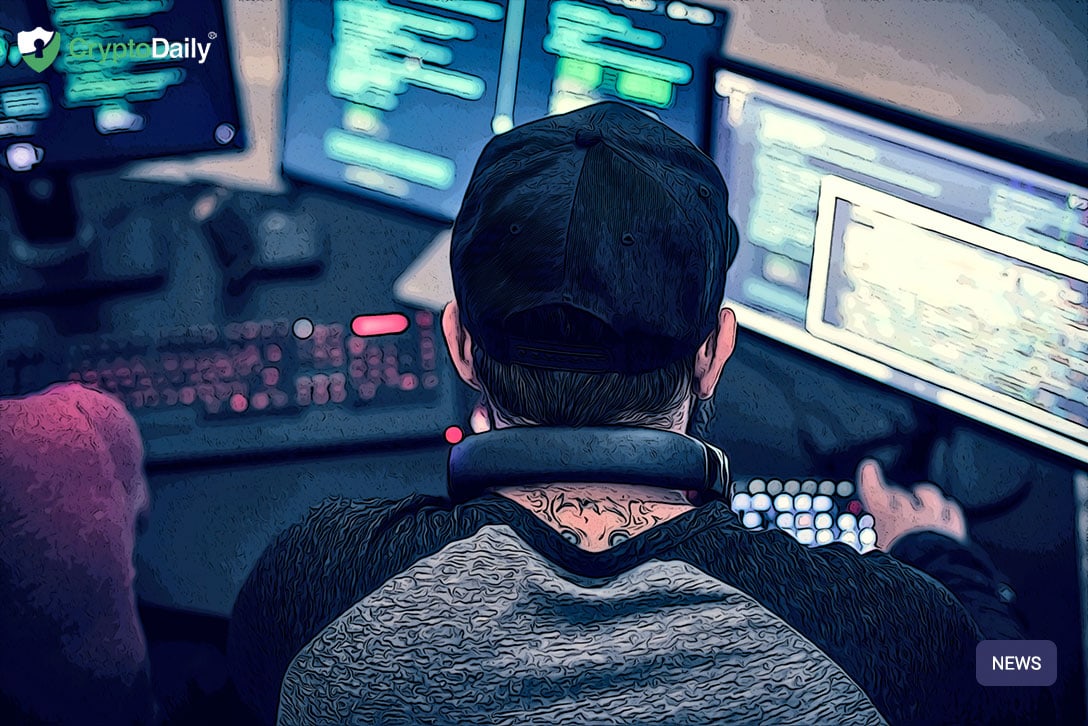- Offline storage, in wallets that are not connected to a network, is often seen as the superior solution
- Online Storage, a solution that allows you to access your cryptocurrencies across a number of devices, through a computer, a smartphone or even a web browser extension.
The crypto conundrum, where should you store your Bitcoin? Online, offline or perhaps somewhere between the two? With so many storage options available, it’s often hard to decide what to do. Ultimately, crypto storage is the responsibility of the investor and thus, your cryptocurrencies should be looked after as if they are real money, because, well… they are real money.
Offline Storage
Offline storage, in wallets that are not connected to a network, is often seen as the superior solution. Your assets can be stored on a USB type device that is cold, it’s offline and thus can only be accessed by the person who has the device. This can also be protected with a password, two-factor authentication and all of the other security parameters, meaning that in reality, this is the safest way to secure your crypto, it’s essentially unhackable.
The problem with this is that if you lose the device (the wallet) or it gets stolen, you lose the assets. Much like if you lose your cash wallet and it’s full of money, that money is lost and impossible to retrieve, therefore when you have an offline wallet, you need to make sure you keep it safe. Some people will opt to store their wallets in a bank vault or a safe, but then you are leaving its destiny in the hands of the bank, isn’t that the reason Bitcoin was created in the first place, to prevent this?
Online Storage
So, this brings us to online storage, a solution that allows you to access your cryptocurrencies across a number of devices, through a computer, a smartphone or even a web browser extension. Some online storage also allows you to store your cryptocurrency with an exchange, meaning you simply just need to log into an account to access it. Forgotten your password or private key? No problem.
The downside to this of course is that your assets are stored on a network which is hosted by an external entity. They are partly responsible for the safekeeping of your assets. By being online, if your storage provider goes bust, or shuts down, what happens to your Bitcoin? Moreover, by being within a network, your assets are exposed to a risk of hacks and theft, it’s something we have seen many times before and is something that we can only expect to see again.
The Solution
Well, it’s up to you. How you store your crypto is your decision and your decision alone. We would always recommend staying offline, though as you can see, online solutions do have some intrinsic benefits. As long as you practice good internet security and do your best to stay safe online, your assets should remain safe. Minimise risk, trade carefully and treat your cryptocurrency like real money - that’s our best advice.
Investment Disclaimer







